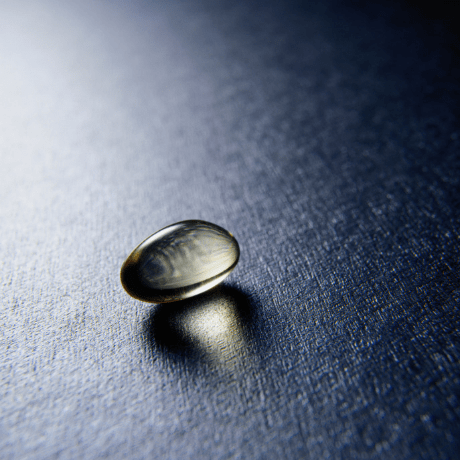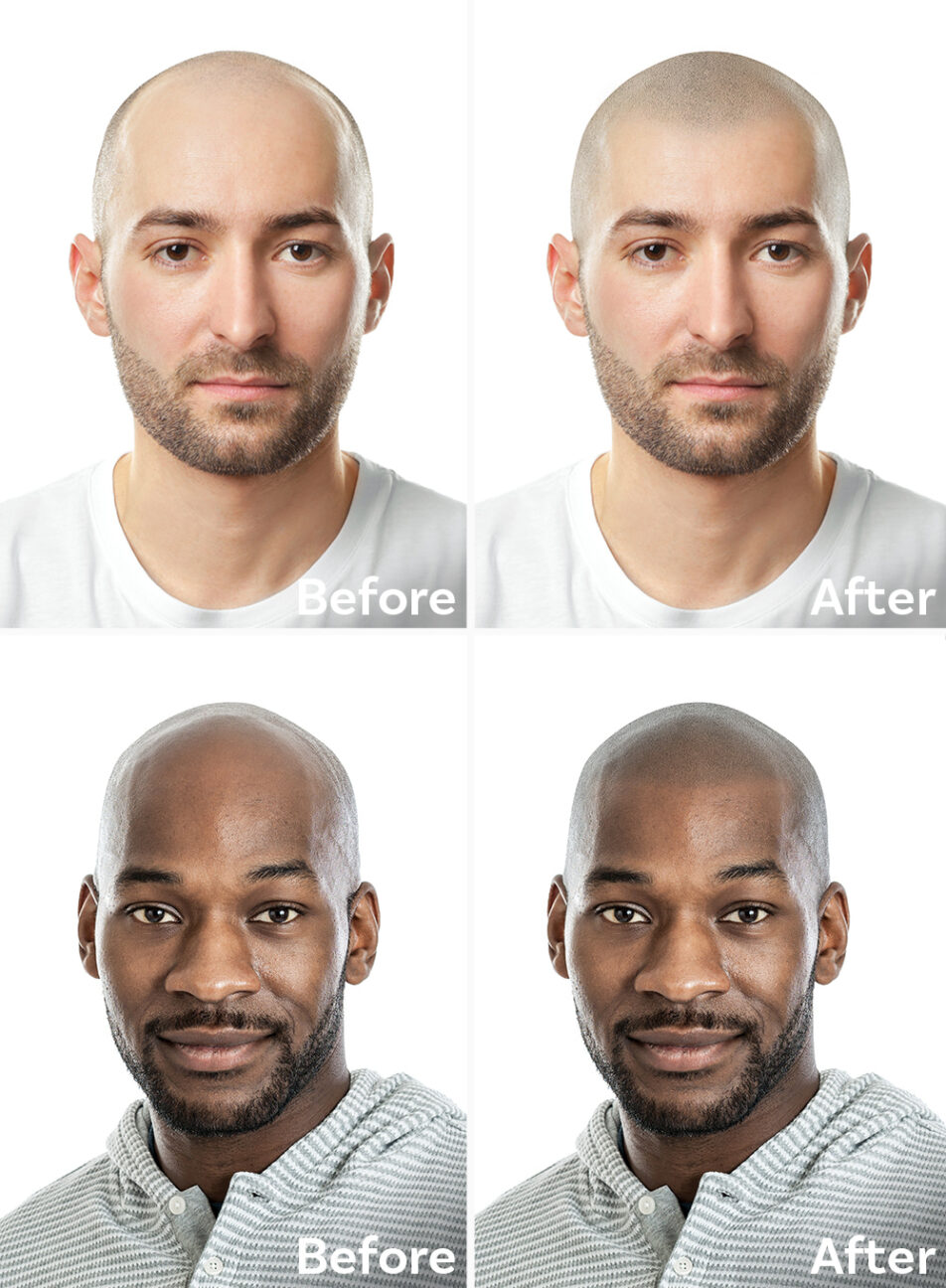Vitamins You Can Take For Healthy Hair
The reason why most people lose their hair is down to their genes and hormones. But there is only so much we can do to fight our genetic make-up. However, looking after our bodies and eating well can go a long way to help keep our hair in great condition.
Vitamins provide many of the nutrients our hair needs to remain looking vibrant. While a good balanced diet cannot stop hair loss, it can help slow it down. Here are some of the most important vitamins you should include in your daily diet as much as possible.
Vitamin A for A Healthy Scalp
Hair grows faster than any other tissue in our body. Vitamin A plays a key role in ensuring our cells can grow. You can find it in foods such as Kale, carrots, spinach, pumpkin and sweet potatoes. Vitamin A also helps skin glands to produce sebum, which is an oily substance that moisturises the scalp. This goes a long way to keeping your hair looking healthy. However, the intake of too much Vitamin A can lead to hair loss. Vitamin A can also be found in eggs, milk, yoghurt and cod liver oil.
B-Vitamins for Thicker Hair
One of the best known B-vitamins is biotin. Biotin It helps to prevent hair loss while also keeping your hair thicker and healthier. Biotin is in a wide range of foods such as meat, fish, grains, almonds and leafy greens. Try to include other types of B-vitamins where possible. They play a big role in the creation of red blood cells that carry oxygen to our hair follicles and scalp.
Vitamin C for Boosting Collagen
A good intake of vitamin C helps to protect against free radical damage that can have a negative effect on your hair growth. It acts both as an antioxidant and as a building block to create collagen. This is a protein that plays a vital part in maintaining your hair structure. Not only that, but vitamin C makes it easier for your body to absorb iron, which also aids hair growth. To include it in your diet make sure you are getting plenty of citrus fruits, guavas, peppers and strawberries.
Vitamin D for Healthy Hair Follicles
Those suffering with alopecia are also usually low in vitamin D. Studies have suggested it can help to create new follicles in your scalp to allow new hair to grow. Vitamin D is produced through contact with the sun. It’s found in foods like fatty fish, certain types of mushrooms and cod liver oil. If you aren’t getting enough you should take in short burst of sun each day. Alternatively, a vitamin D supplement could also help.
Vitamin E for Hair Growth
Vitamin C isn’t the only strong antioxidant your body needs. It is widely known that Vitamin E is one of the most important when it comes to hair growth. It plays a fundamental role in allowing your hair and skin to recover. If you need to get it into your diet, foods like avocados, almonds, spinach, broccoli and sunflower seeds are great sources. Supplements are also a good choice. However, as with any supplement, always check with your doctor first as too much of any one vitamin can have a detrimental effect on your health.
Skalp® has clinics around the world. We have clinics in New York, Los Angeles, London, Manchester, Edinburgh and Dublin.
Book an appointment for a complimentary consultation today
Top Related Posts:
Can A Vegan Diet Cause Hair Loss?


